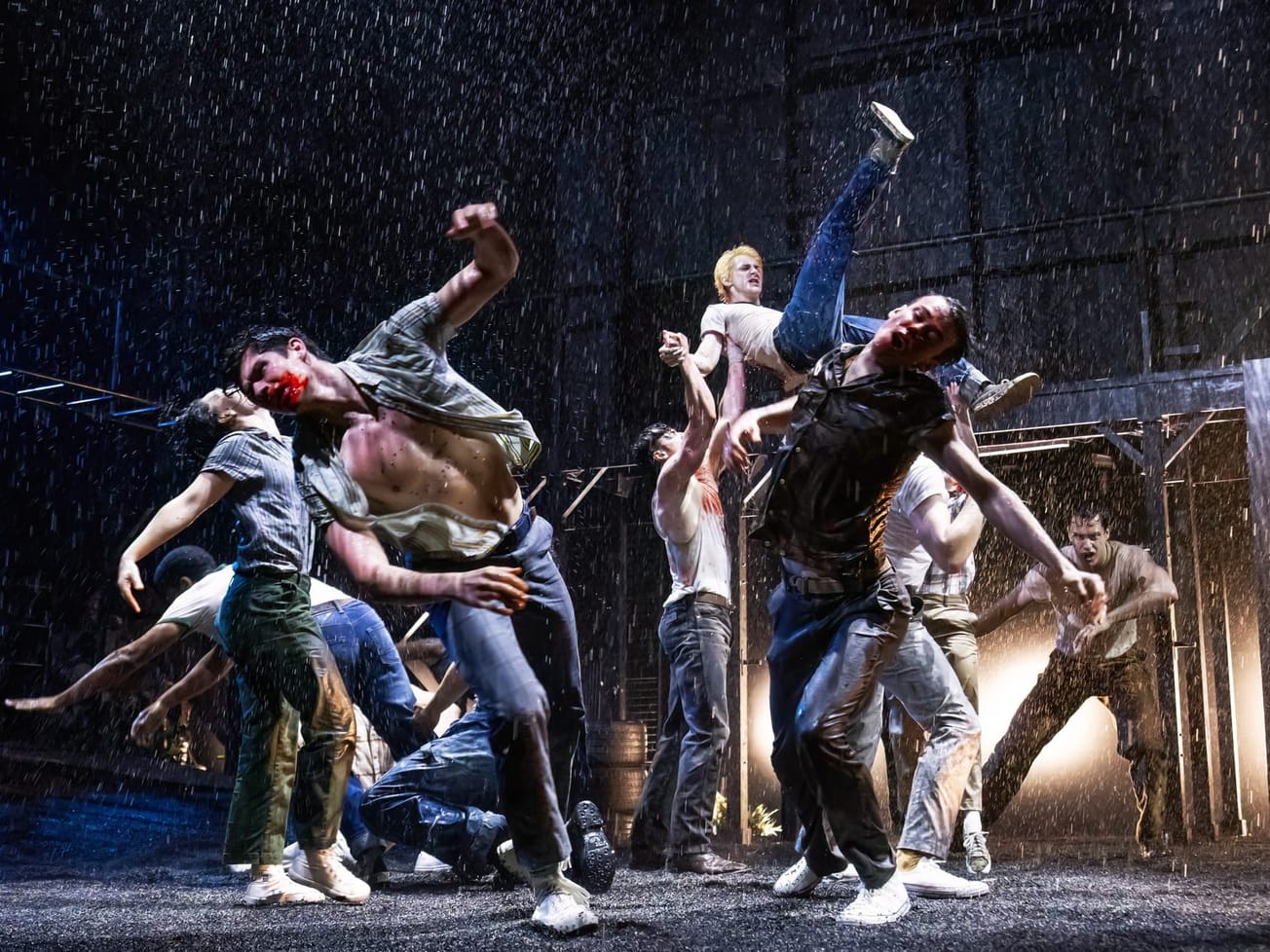Actors’ Equity and the Broadway League have reached an agreement to replace the lab contract, ending the strike that began 33 days ago.
The new agreement, announced Friday, includes a share in 1 percent of the profits for actors and stage managers who took part in a show’s development, as well as a salary increase. The agreement is broken into three tiers, which replace and effectively eliminate Equity’s former lab agreement and workshop agreement, while retaining some rules from the staged reading contract with the League.
Actors and stage managers who develop a show with a League producer will split 1 percent of a Broadway show’s profits once it reaches 110% recoupment, according to the new contract, in an arrangement that lasts 10 years. It will also include profits from touring productions.
With the new agreement, the Broadway League has been removed from the “Do Not Work” list, meaning developmental work with those producers can move forward.
“We are happy that we were able to successfully restructure the previous pre-production agreements,” Charlotte St. Martin, President of the Broadway League, said in a statement. “We are thrilled that our producers can now go back to the important work of developing the best theatre in the world.”
In tier three of the new agreement, which covers developmental work that lasts between two to eight weeks and includes props and choreography, the minimum salary is now set at $1,250. The former lab contract set the minimum salary at $1,000.
Tier two, which allows choreography, and tier one, which does not, both allow for developmental work of up to two weeks and have set weekly minimums at $900 and $550 respectively, without profit-sharing. Both are subject to staged reading rules and have restrictions on the number times each can be used.
“This new agreement is a landmark moment in the evolution of commercial theatre development, ensuring that actors and stage managers will share in the success of a Broadway show when it becomes a hit,” said Kate Shindle, president of Actors’ Equity Association. “I am thrilled that Equity members will immediately see a significant increase in their weekly salaries as soon as everybody goes back to work.”
The agreement also includes a minimum guarantee of five weeks of rehearsal time for a Broadway musical and four weeks for a play, as well as health and pension benefits and “triggers” that will lead to an additional assistant stage manager contract, according to Equity.
Equity began its strike on Jan. 7, after close to two years of negotiations with the Broadway League for a new lab contract. Profit-sharing had been a central tenet of Equity’s demands, following on the heels of shows such as “Frozen,” “Mean Girls” and “The Book of Mormon.”
Francis Jue, an Eastern Councillor with Actors’ Equity, who helped do outreach for the campaign, said that he sees the agreement as a new business model that rightfully acknowledges the work of actors in the development of a new show.
“I would never say that actors and stage managers are authors or part of the creative team,” Jue said. “But we do invest years worth of experience, we invest intelligent feedback on what is happening, our bodies are invested in the process of seeing what is possible and so there are myriad ways in which we contribute toward the development of new work.”
He added that he views the share of 1 percent of the profits as a “modest” ask, given that it comes only after a show has reached 110% recoupment. But he can see how it may shake things up.
“I do acknowledge that this is a sea change in terms of how we understand how the business works,” he said.


























































